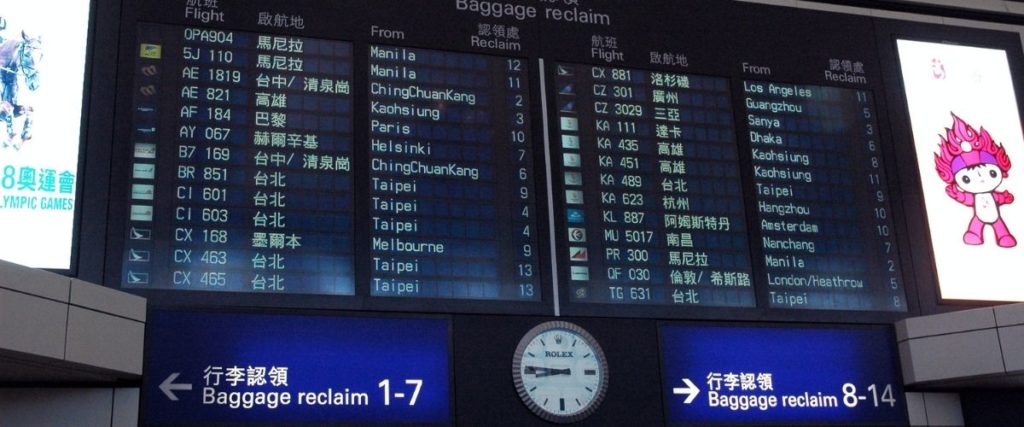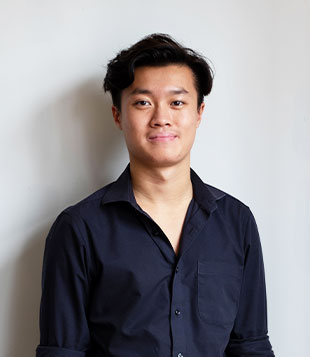After the discovery of a new coronavirus mutation that is highly infectious and spreading rapidly across the UK, the Hong Kong government announced it will suspend flights from the UK from Tuesday onwards.
See also: Hong Kong Government Social Distancing Rules: What You Can and Can’t Do
Why it matters: The new strain has sparked concern among health experts due to three factors: it is rapidly replacing other versions of the virus, it has mutations that are affecting important parts of the virus, and some mutations have already been shown to increase the virus’ ability to infect cells, according to BBC.
• Travellers who arrived in Hong Kong from the UK yesterday will now be required to quarantine for 21 days instead of the original 14. People who do not comply with the requirement could face a fine of HKD 5000.
• With authorities in Hong Kong seeking to halt the recent rise in COVID-19 cases, Health Secretary, Sophia Chan said there was a need to launch more vigorous measures to prevent further spreading of the virus, according to Reuters.
• Chan also said the government will not relax current social distancing measures yet, and that the existing policies – including a ban on dine-in services at restaurants after 6pm and the closure of bars – will remain in place until January 6.
• The government is also considering extending the quarantine duration for all arrivals.
• In addition to Hong Kong, more than 40 countries have banned UK arrivals due to fear and uncertainty over the new mutation, including Belgium, Canada, Germany, and Italy, among others.
The mutation: However, The World Health Organisation (WHO) has cautioned against major alarm over the new mutation discovered in the UK, saying this is a normal part of a pandemic’s evolution.
• Citing data obtained from Britain, WHO officials said that although the new variant seems to spread more easily, they found no evidence that the new variant made people sicker or was more deadly than existing strains of COVID-19, Nikkei reports.
• WHO officials have even attempted to put a positive spin on the discovery of the mutation. “Being able to track a virus this closely, this carefully, this scientifically in real time is a real positive development for global public health, and the countries doing this type of surveillance should be commended,” said WHO emergencies chief Mike Ryan during an online briefing.
• This contradicts a statement made two days by UK Health Secretary Matt Hancock, who recently appeared on The Andrew Marr Show saying that “the new variant is out of control.”
• The mutation is now responsible for nearly two-thirds of cases in London, according to the Milton Keynes Lighthouse Laboratory.
See also: Zoom Will Expand In Singapore, Hiring Hundreds
Looking ahead: The Pfizer-BioNTech vaccine has been approved for use in the EU and its 446 million inhabitants.
• The European Medicines Agency (EMA) authorised the drug for the EU’s 27 member states after it began circulation in the UK and the US.
• Distribution could begin in some EU states as early as next Sunday, according to BBC.
• The EU has ordered 300 million doses – enough for 150 million people – but only a limited number will be available immediately, there have been some reported manufacturing issues on Pfizer-BioNTech’s end.
• To encourage Hong Kong residents to get vaccinated against the virus, lawmakers have suggested providing a cash incentive of up to HKD 5000 to residents when the first million shots become available early next year, according to South China Morning Post.
• The vaccinations became embroiled in political controversy when it was announced that the first million shots arriving in Hong Kong next month would be from Chinese supplier, Sinovac Biotech. Hong Kong will also receive a million shots of the Pfizer-BioNTech vaccine before the first quarter of 2021. A third deal to receive 7.5 million doses from British-Swedish pharmaceutical company AstraZeneca in mid-2021 is still pending, according to SCMP.
See also: Singapore Approves Pfizer Vaccines; Announces Travel Corridor with Taiwan





